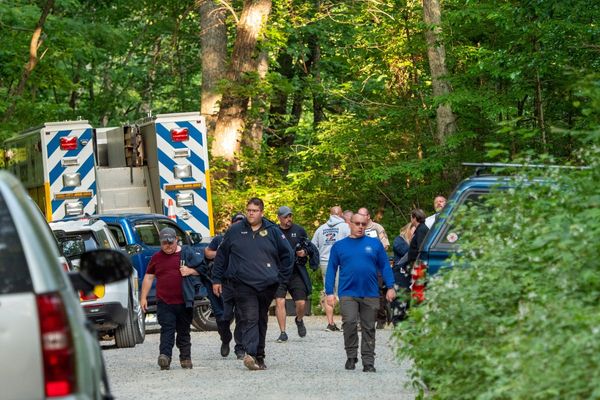
Moonlight may once again be remembered for being the little movie that could. That is what it appeared to be when it washed up at the Telluride film festival in 2016. From its first unspooling, the much-delayed second film by director Barry Jenkins was recognised as something special, but the fates, and PriceWaterhouseCoopers, saw to it that Moonlight will be associated for some time with the Oscar-night fiasco in which La La Land was erroneously announced as the winner of the best picture award.
But all was right in the end: Moonlight was rightly awarded the Oscar for best film this year. The manner may have been unfortunate, but as memories of the on-stage chaos fade, Moonlight’s brilliance will shine out undimmed. A tone-poem of fear and desire, burnished with luminous, fever-dream colours that recall Odilon Redon, Moonlight proved to be an exquisitely detailed miniature and a kick-to-the-stomach treatment of material that mainstream cinema had rarely tackled.
Based on the unpublished text In Moonlight Black Boys Look Blue, by playwright Tarell Alvin McCraney – who was raised in the same rough Miami neighbourhood of Liberty City as Jenkins – Moonlight is structured as three ages in the life of one man: first as a kid nicknamed Little; then a high-schooler under his given name, Chiron; and finally as a withdrawn, street-smart criminal who goes by the moniker Black. The film’s thesis is that the child is very much the father of the man: Little’s run-ins with the neighbourhood drug dealers and traumatic home life and Chiron’s difficulties with school and tentative explorations of his sexuality lead inexorably to Black’s thug-life attitude and self-repression.

This self-abnegation is unwound in Moonlight’s greatest scene: a simple-seeming conversation in a diner, but one that pulses with untapped emotion and tenderness. Jenkins gets the chemistry exactly right. His gift for creating casual but meaningful dialogue was already on show in his little-noticed 2008 debut feature, Medicine for Melancholy. In fact, Jenkins’ own journey is almost as extraordinary as his film’s: in 2013, he was the faceless guy-with-a-mic hosting a Q&A after the premiere of 12 Years a Slave at Telluride. That his own film would blow the same festival audience away three years later is nothing short of remarkable.
Whether you agree or disagree with the Guardian critics' choices, we'd like to hear from you. Share your film of 2017 – and your reasons for picking it – using this form.
We'll publish some of the most interesting contributions before the New Year.
In the end, Moonlight stands as its own achievement. Taking material that in others’ hands could have been heavy-handed, Moonlight has emerged like a butterfly from a chrysalis: a wondrously delicate object of near-miraculous beauty.
(Buy here)
This article contains affiliate links to products. Our journalism is independent and is never written to promote these products although we may earn a small commission if a reader makes a purchase.







